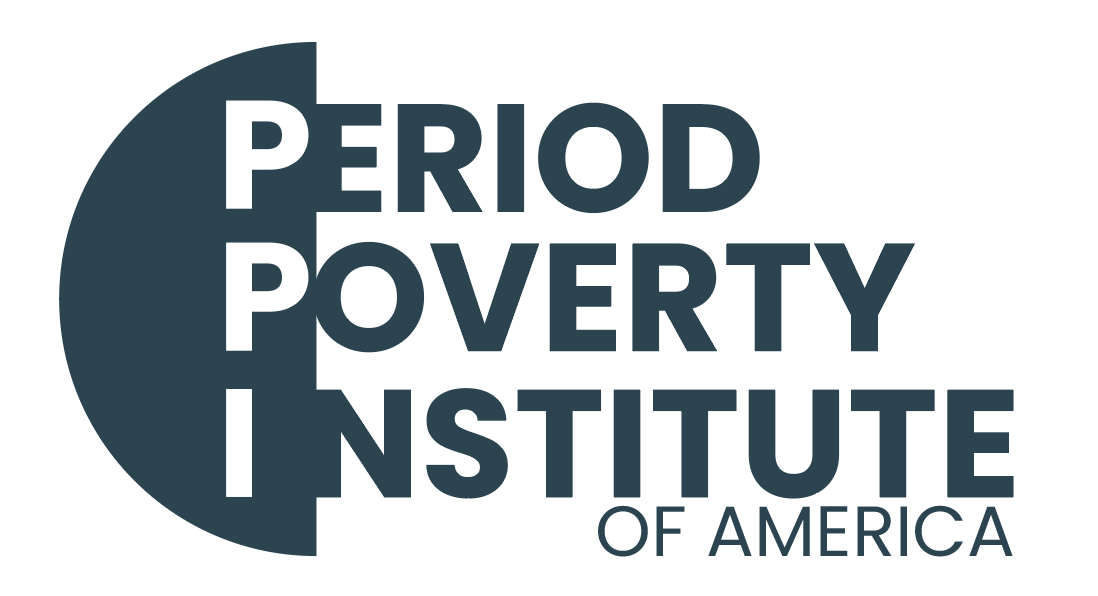Period Poverty has a hidden yet profound influence on education, affecting various aspects of a student’s experience in subtle but impactful ways.
Routine lack of access to period products can lead to chronic absenteeism, causing significant disruption to a student’s education and academic performance.
Gender gaps in education are exacerbated by Period Poverty as girls facing this issue may experience reduced classroom participation opportunities and frequent interruption to the overall learning process.
Teens living with Period Poverty often experience diminished self-esteem and self-confidence, which can further affect their ability to focus on their studies.
Uninterrupted school attendance is crucial to keeping students safe and in a protected environment. Absenteeism related to Period Poverty can increase a teen’s exposure to human trafficking.
A whole household can be affected when one of its members struggles to access period products. This instability can impact even the youngest students who rely on older family members for transportation and educational support.
Over half of US states have passed some form of legislation advocating for free period products in schools. Only half have provided funding for these initiatives.
While products at school are helpful for all students, faculty, and staff who menstruate, this does not negate the need for period products in the home so all menstruators can first get to school each day.
